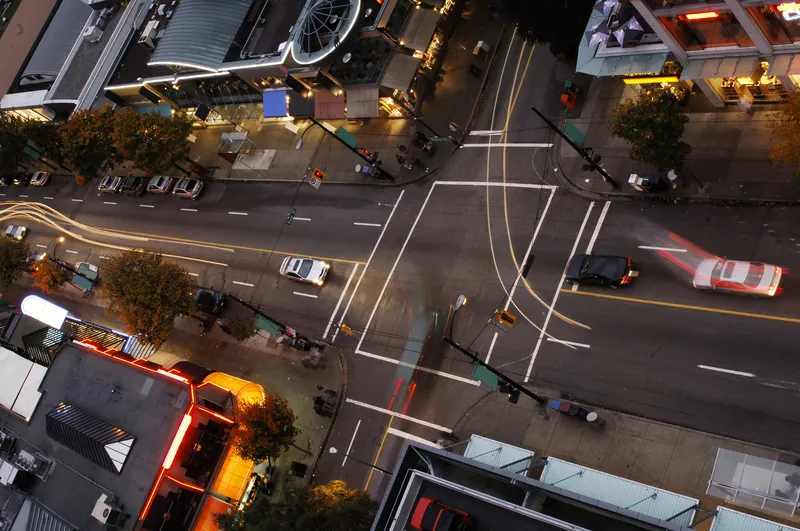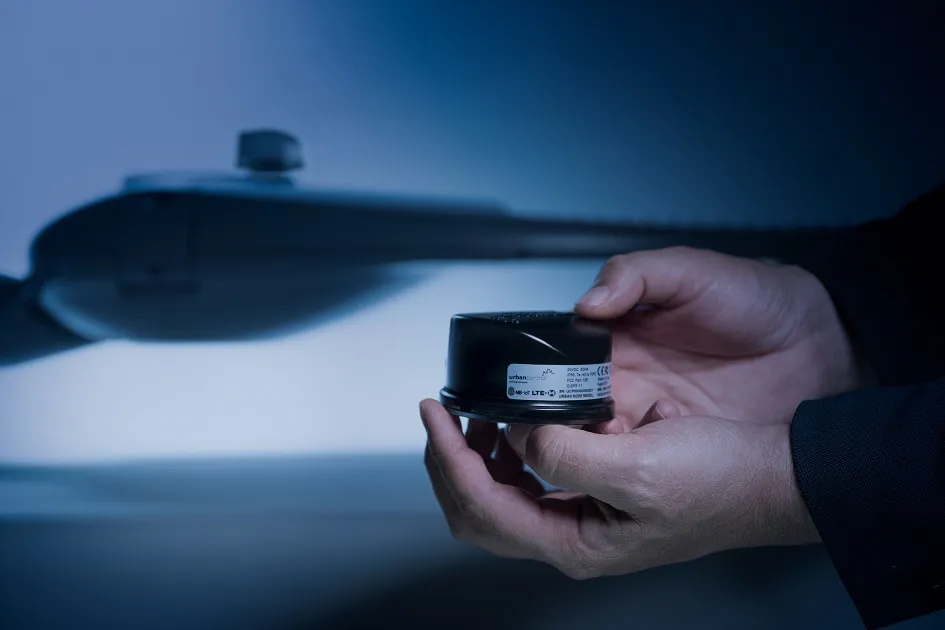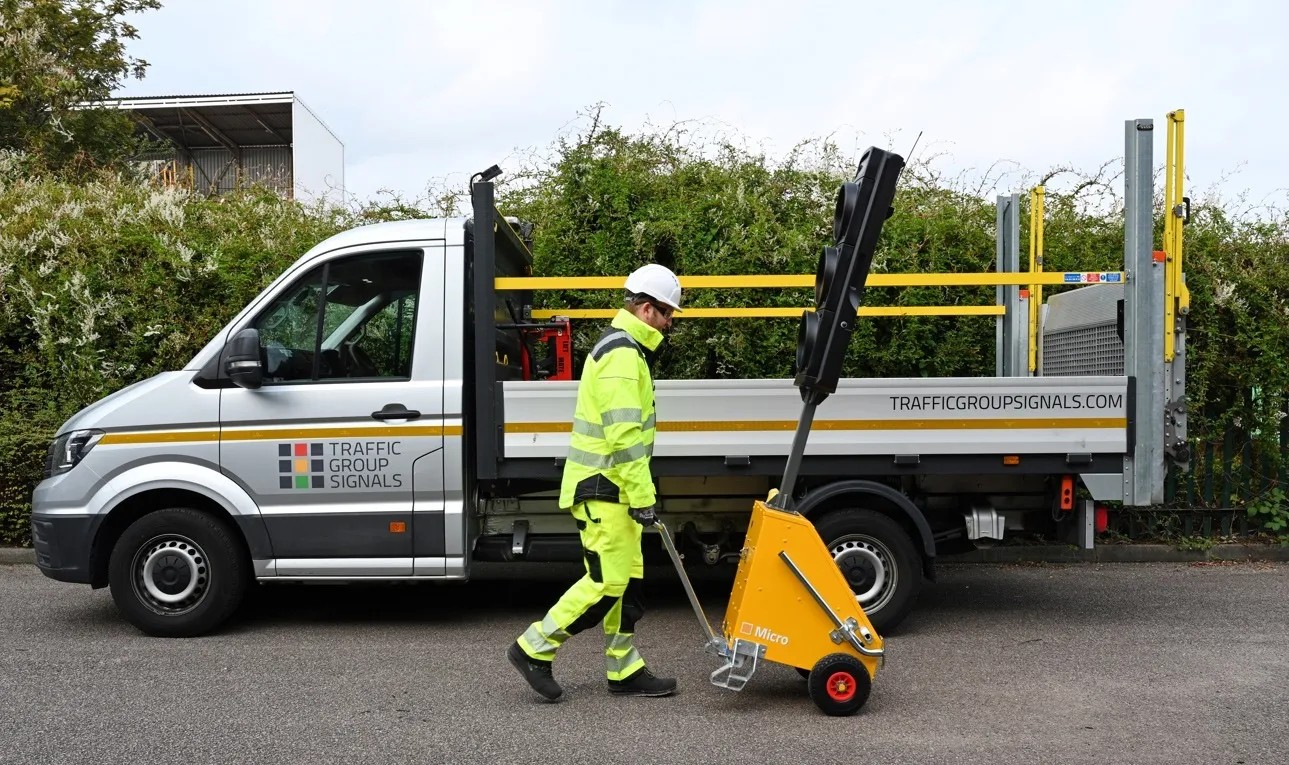August 5, 2019
Read time: 1 min

Trafficware, part of
The controller database has been expanded to support additional phases, overlaps, rings, channels, detectors and logic statements providing traffic engineers with options to enhance intersection features.
Cubic says the controller firmware addresses the requirements for SynchroGreen adaptive traffic signal control and connected and autonomous vehicle applications.
All controller firmware modules are pre-installed and only require a software key to enable the features, the company adds.









